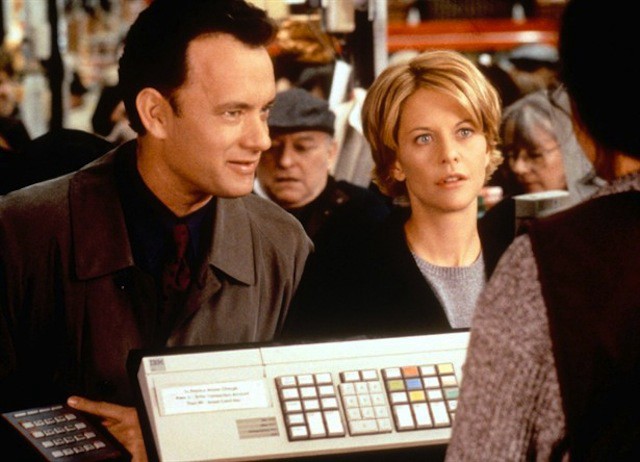“When I was a boy, I saw the first Star Wars in theaters and it changed my life,” our film professor told us. “I sat there in the dark theater and the sounds and images consumed me; it was the first time I understood the power of film as a medium. I think that, even as a kid, I knew that this was something I wanted to pursue as a profession. Everyone in this room probably understands what I’m talking about.”
I grew nervous that he was going to make us go around and each share our own experience — it was a small class and my professor typically launched into such tangents — and I began to rack my brain for a response. My experience as a film major had engrained in me an odd sense of shame about my taste in movies. But, his lecture meandered in another direction and, as it did, I felt an overwhelming sense of relief.
Later that day, as my classmates and I sat in our respective booths in the editing room, they started up the conversation I had been dreading. They talked about “their” films and the girls and boys in my class all seemed to agree on movies such as Indiana Jones and Jurassic Park. They were especially supportive of our professor’s choice. Although their picks were not pretentious and I had seen most of them, I still could not bring myself to agree nor did I think that any of my peers would share a love of what I considered to be my film, You’ve Got Mail.
For my twelfth birthday my dad gave me the script of Nora Ephron’s You’ve Got Mail; it was a used copy that he bought from some shady guy in Union Square. Even now as I read the lines, I recall every intonation, every pause, every smirk within the snappy dialogue. I know all to well the way in which Joe Fox revises drafts of his emails to Kathleen Kelly, pressing forcefully down on the delete button for each letter instead of simply holding it down and allowing the words to quickly disappear. As a young girl I would watch the movie over and over on the VCR in my parents’ bedroom. My heartbeat never fails to accelerate each time Joe and Kathleen pass each other on a street corner, completely unaware that the stranger besides them is the one with whom they share a secret, romantic correspondence.
Over the past few years, I have become sensitive to the fact that my obsession with a romantic comedy like You’ve Got Mail is considered silly, especially by cinephiles — and by that I mostly mean my classmates — who define themselves as such. I know that this is because the film is unrealistic, cheesy, and mainstream, but I can’t help but think: isn’t Star Wars also all of those things? And despite it’s negative qualities, You’ve Got Mail had something for me as a young girl that Star Wars didn’t; that is, characters who are not defined by archaic gender roles.
Unlike contemporary action films, the modern romantic comedy is not usually discussed in an academic way and thus I have felt embarrassed about liking it. Sure, we can talk about Howard Hawks, but why does Michael Bay get more credit from my fellow film students than Nora Ephron?
I remained silent as my peers chatted in the editing room about the films they loved as children because I knew that my classmates and my professors would probably never consider my “chick flick” to be a serious film. I wish I had been able to speak up and I hope that from now on I will. Although it is not my favorite film — mine is Thelma & Louise — You’ve Got Mail was the film that made me love film and there is nothing shameful in that.
__________________________________________________________
Charlotte Hauser studies film at Wesleyan University and is currently an intern for Chicken & Egg Pictures.







